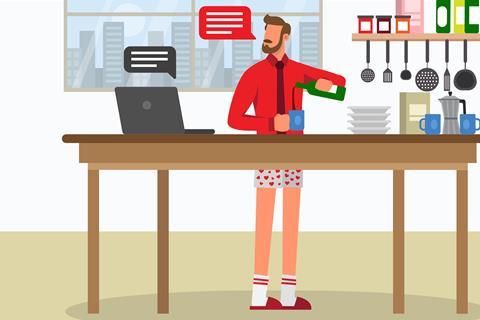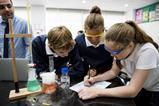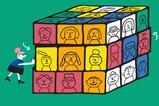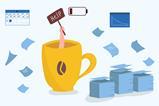‘When All This Is Over®, what should we keep?’ asks EiC’s managing editor Paul MacLellan, tongue firmly in cheek

As I’m writing this in the run-up to Christmas, the NHS in the UK is just beginning its mass vaccination programme against Covid-19. Everybody’s hoping this marks the beginning of the end of the coronavirus pandemic, and – while our expectations are being kept in check with respect to how quickly things will change – we’re all hoping the end of significant societal restrictions is on the horizon.
So, looking back over the year, it’s natural to wonder, what the hell just happened?
2020 saw huge impacts on how we teach school students, with massive disruption to learning and torturous contortions to running classroom teaching once pupils and teachers were even allowed back in the same building. But perhaps for a moment we can look past the massive rise in social, economic and educational inequality, and, in the spirit of entrepreneurial opportunism, ask if there isn’t some good to come out of all this change? When All This Is Over®, what should we keep?
Teacher–student social distancing
If 2020 has taught us anything, isn’t it that human contact is only useful as a disease vector? We’ve had to reorganise our classrooms to make sure teachers and students are always outside of each other’s splash zone. It’s been a big change to make. But now that we’re here, do we really want to go back to the possibility that at any moment an autonomous viral incubator might be able to actually touch us?
Virtual parent consultations
While pupils are icky, parents are straight-up dangerous. They come with all the same health warnings as students, but with an added sense of independence from The System. They’re erratic, irrational and terrifying. Virtual parent consultations are the silver bullet we need. Tight time restrictions with automatic disconnections neutralise all dangers. And conveniently invented connection issues are an effective safety net in times of need. Added bonus: over Zoom, parents can’t tell you’ve just cracked into your second bottle of Chardonnay (as long as you’re drinking from a mug).
No practical work
Nobody ever became a chemistry teacher to actually, y’know, do any chemistry, right? Much less scrabble around in horror as they ‘supervise’ students doing chemistry. Right? Now, I’m sure there will be some purists with ideas that doing science is an important part of learning science. But they’re wrong. Most real science is done on computers anyway. Give the students a Chromebook. Sorted.
Paul MacLellan














1 Reader's comment